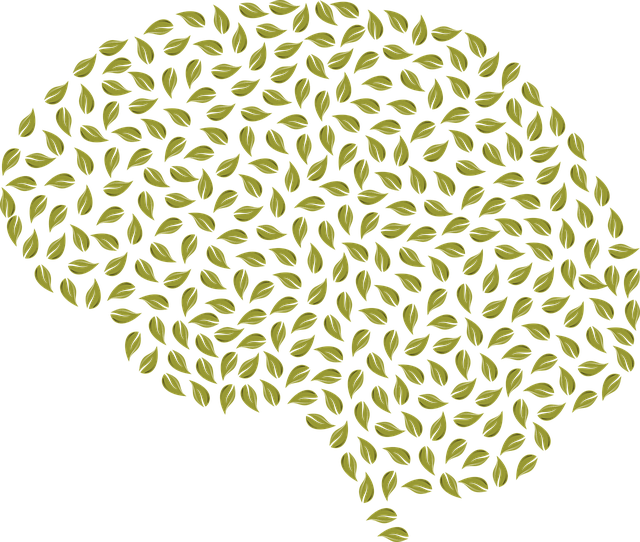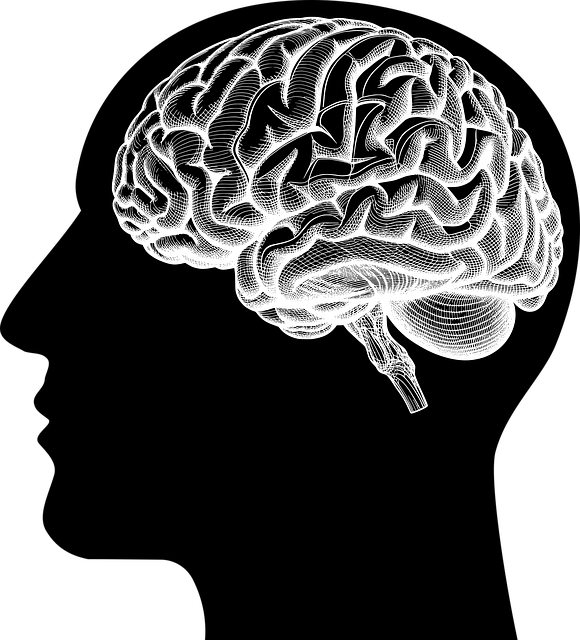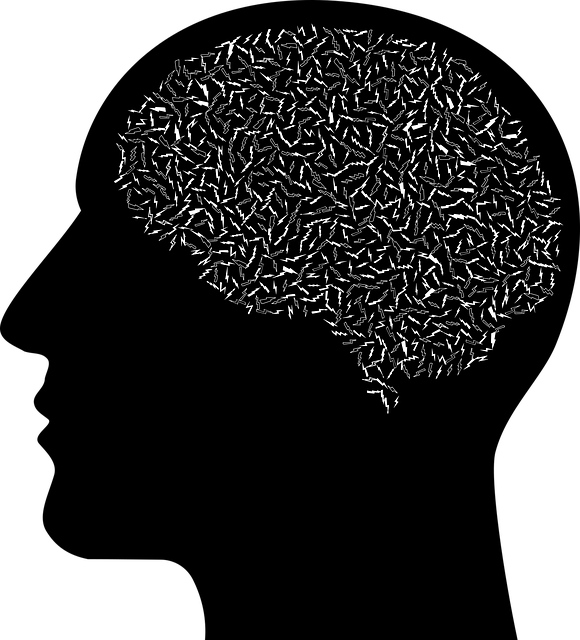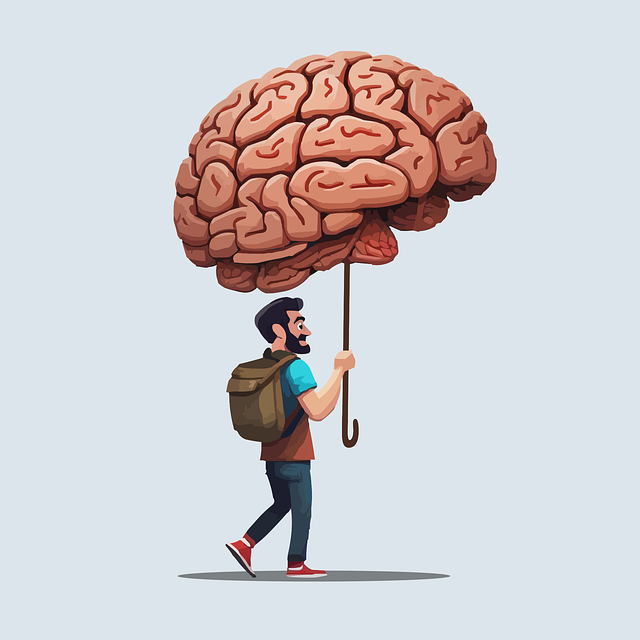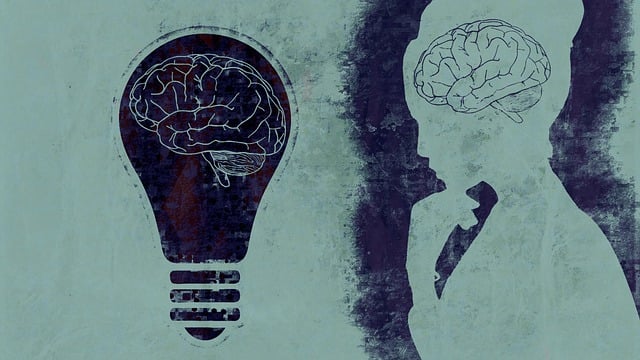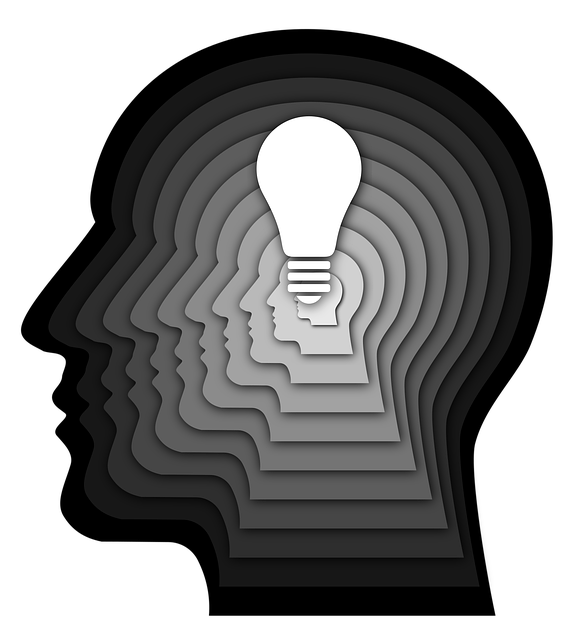Aurora Trauma Therapy introduces revolutionary mental wellness coaching programs that focus on holistic well-being through collaborative goal-setting and evidence-based practices like cognitive behavioral therapy and mindfulness. By addressing root causes, including past trauma, their approach integrates cultural competency training and specialized skills for coaches while providing tailored self-care practices for clients. The curriculum emphasizes inner strength development, social skills training, and adaptability to diverse backgrounds, aligning with healthcare provider standards. Regular evaluation, successful case studies, and policy advocacy ensure the program's effectiveness and accessibility.
Mental wellness coaching programs have emerged as powerful tools for personal growth, offering support beyond traditional therapy. This article provides a comprehensive overview of mental wellness coaching, delving into its benefits and structured approach. We explore the integration of Aurora Trauma Therapy, a revolutionary technique, within modern coaching curricula. By understanding key components and implementing effective strategies, coaches can design impactful programs. Furthermore, we discuss evaluation methods to ensure success in coaching interventions, highlighting practical steps for optimal client outcomes.
- Understanding Mental Wellness and Coaching: A Comprehensive Overview
- The Role of Aurora Trauma Therapy in Modern Coaching Programs
- Designing Effective Coaching Curricula: Key Components and Strategies
- Implementation and Evaluation: Ensuring Success for Coaching Interventions
Understanding Mental Wellness and Coaching: A Comprehensive Overview

Mental wellness coaching programs have gained significant importance in today’s fast-paced world where stress and anxiety are prevalent. Coaching is a collaborative process that focuses on enhancing an individual’s overall well-being, promoting self-awareness, and fostering personal growth. At its core, mental wellness coaching aims to empower individuals to develop effective coping strategies for managing stress, improving self-esteem, and overcoming challenges that may hinder their emotional health.
In the context of Aurora Trauma Therapy, this approach takes a holistic view, addressing not just the symptoms but also the underlying causes of distress. Coaches work collaboratively with clients to identify specific areas of improvement, set achievable goals, and provide tailored support. By incorporating evidence-based practices and techniques such as cognitive behavioral therapy, mindfulness exercises, and stress reduction methods, coaches help individuals navigate their emotional landscapes effectively. The ultimate goal is to enable clients to lead more fulfilling lives by enhancing their resilience, promoting mental clarity, and cultivating a deeper sense of well-being.
The Role of Aurora Trauma Therapy in Modern Coaching Programs

In modern coaching programs, Aurora Trauma Therapy is emerging as a game-changer in addressing complex emotional needs. This therapeutic approach recognizes that many individuals carry unresolved trauma from their past experiences, which can significantly impact their present mental wellness. By incorporating elements of mindfulness and cognitive processing, Aurora Trauma Therapy enables coaches to help clients process these hidden wounds effectively.
The integration of Aurora Trauma Therapy into coaching programs benefits both the coach and the client. Coaches gain specialized skills in understanding and addressing trauma, enhancing their ability to provide personalized support. Meanwhile, clients learn self-care practices tailored to their unique experiences, fostering resilience and improving overall mental health. Additionally, healthcare provider cultural competency training becomes more relevant as coaches navigate diverse client backgrounds, ensuring inclusive and effective care within these therapeutic settings.
Designing Effective Coaching Curricula: Key Components and Strategies

Designing an effective mental wellness coaching curriculum involves incorporating key components that cater to diverse client needs. At its core, a robust program should focus on Inner Strength Development, empowering individuals with coping mechanisms and resilience strategies to navigate life’s challenges. This may include teaching mindfulness techniques, stress management skills, and emotional regulation strategies tailored to each person’s unique journey. Incorporating elements like Social Skills Training can also be beneficial, fostering healthier relationships and enhancing support networks, which are vital for maintaining mental wellness.
The curriculum should be flexible and adaptive, acknowledging the diverse backgrounds and experiences of clients. For instance, incorporating Aurora Trauma Therapy techniques can be a game-changer for those with traumatic histories, helping them process and overcome past traumas. Additionally, ensuring that the program aligns with Healthcare Provider Cultural Competency Training standards is essential, promoting inclusive practices and respectful interactions between coaches and clients from different cultural backgrounds. This holistic approach ensures that coaching remains effective, relevant, and accessible to a wide range of individuals seeking support for their mental wellness.
Implementation and Evaluation: Ensuring Success for Coaching Interventions

Implementing mental wellness coaching programs requires a strategic approach to ensure their effectiveness. Success lies in aligning coaching interventions with individuals’ unique needs and goals, fostering an environment of trust and support. At Aurora Trauma Therapy, we emphasize evidence-based practices, incorporating techniques like Emotional Intelligence (EQ) training and confidence-boosting strategies to empower clients on their journey towards mental well-being.
Evaluation is a critical component of program success. Regularly assessing outcomes through qualitative and quantitative methods helps track progress, identify areas for improvement, and demonstrate the impact of coaching. This data informs adjustments in coaching approaches, ensuring that interventions remain relevant and beneficial. Moreover, sharing successful case studies and outcomes can advocate for evidence-based Mental Health Policy Analysis and Advocacy, ultimately improving access to quality mental wellness coaching services.
Mental wellness coaching programs, enriched by strategies like Aurora Trauma Therapy, are transforming lives. By integrating this therapeutic approach with well-designed curricula and rigorous evaluation methods, coaches can effectively support individuals in navigating mental health challenges. The key lies in understanding both the client’s unique needs and the power of evidence-based practices. With continuous development and adaptation, mental wellness coaching will remain a vital tool in fostering resilience and enhancing overall well-being.

